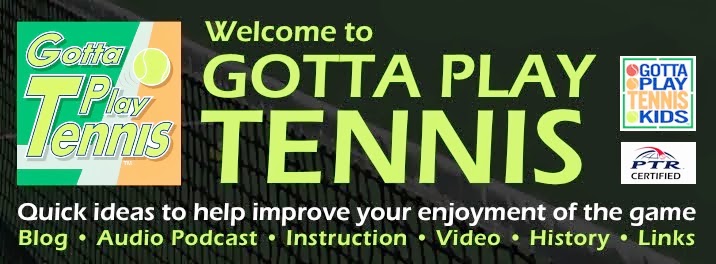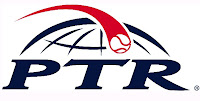I've had this type of thing happen many times in my life. It usually takes place when someone gains prominence, authority or credibility with the masses or co-workers in some way. Therefore, since they are now supposedly "in the know", what they have to say becomes a revelation–or at least they make it seem so. In fact, it is usually a rehashing of what has already been.
If you are reading this blog, and you know how I feel about snootiness or pomposity in tennis, then take this to heart. You may already have discovered the same concepts as the "PROS" but without the associated hype. It is nice to label things as a way to categorize them and communicate them to others. But don't take any information as golden simply because it comes out of the mouth of a person who has gained success. Each person is an individual, and we gain knowledge and skill from a variety of sources. As a certified teacher, I know that everyone learns differently. I may say things in a way that make sense to you on a given stroke or concept, or someone else might use better words or illustrations that will fill your individual need. Use what works best for YOU always regardless of who said it.
Whatever I pass on to you is based on my continuing learning cycle, knowledge of almost four decades on a tennis court, and my best use of common sense. Does that mean I have all the answers? No way. But if I have ANY answers for you, then visit this blog frequently, download my podcast from iTunes, and even buy my book whenever I can get to finish it.
So whenever you think you have an idea or concept to share, and someone treats you with an eye-roll or makes you feel stupid for even bringing it up, just remember this quote by German Philosopher Arthur Schopenhauer–it is one of my favorites: "All truth passes through three stages. First, it is ridiculed. Second, it is violently opposed. Third, it is accepted as being self-evident."










